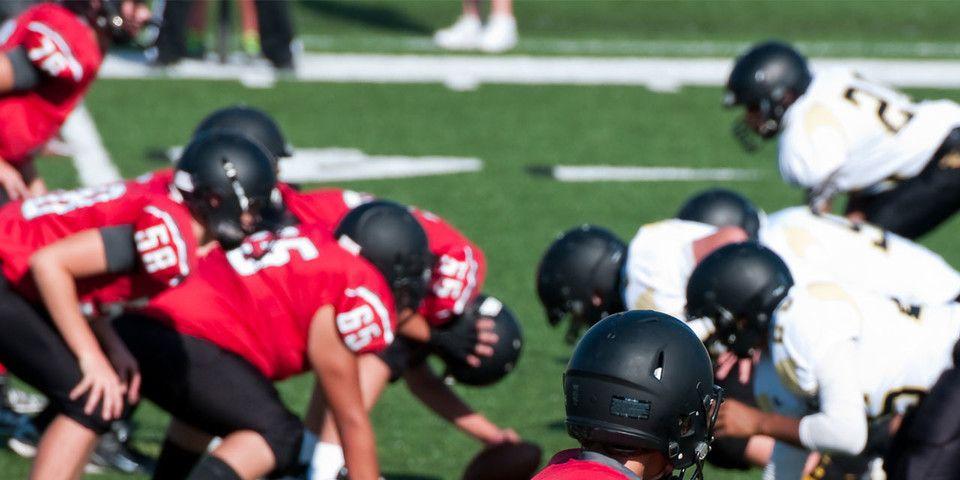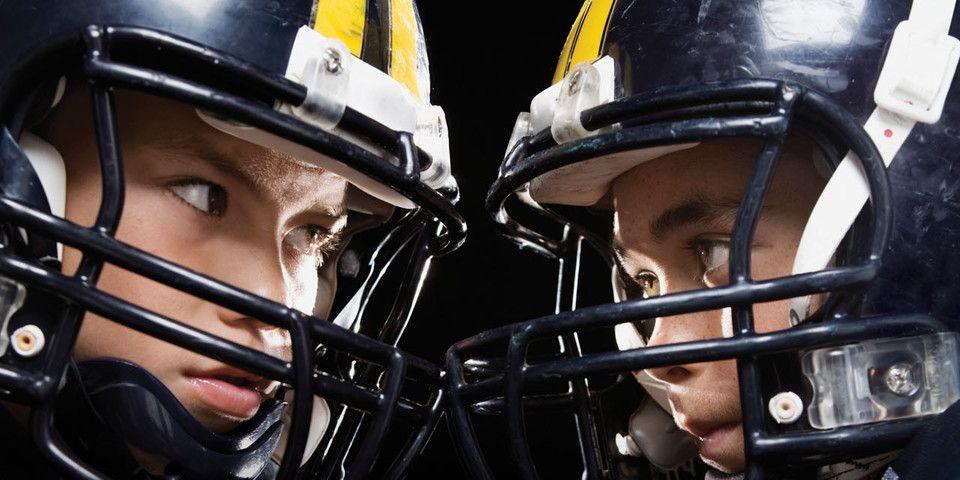Are You Concerned About Falling on Ice and Snow?
Learn why slips, trips, and falls are such serious wintertime safety hazards and where you can find the best treatment for injuries caused by falling on ice and snow.
Every season has something to be excited about. Spring brings new life, flowers, and comfortable temperatures; summer promises sunshine, vacations, and relaxation; fall is crisp and colorful; and winter has holidays, winter sports, and--of course--snow.
However, every season also carries its own risks and hazards. That might mean rainstorms in the spring or sunburn and heat exhaustion in the summer. But the season that has the highest quantity of unique safety risks is winter--thanks, primarily, to that beautiful snow and accompanying ice.
While many people’s thoughts automatically turn to road accidents and skiing injuries when they consider winter safety hazards, falling on ice and snow is one of the most common and dangerous causes of winter seasonal injuries. A simple trip or slip on the ice can cause serious, traumatic injuries. That’s why it’s important to understand the risks, types, and treatments of injuries caused by falling on ice and snow.
Falling on Ice and Snow: The Risks
According to the CDC, approximately 1 million Americans are injured annually as the result of falling on ice and snow. Tragically, these injuries are fatal for about 17,000 people every year.
Slips, trips, and falls on ice and snow pose a serious risk; they can cause a number of different injury types, ranging from minor scrapes to the more dangerous falling on ice back injury and head trauma caused by falling on ice and hitting your head.
Some of the most common of these injuries include:
-
Muscle sprains and ligament strains
-
Compression fractures, including spinal compression fractures
-
Broken bones, including wrists, hips, and shins, as well as falling on ice knee injuries
-
Herniated discs in the spine (most commonly in the lower back)
- Concussions caused by falling on ice and hitting your head
Of course, wintertime slip, trip, and fall hazards are certainly not limited to icy walkways. Be cautious and safety-minded during all activities, including hanging holiday decorations, sledding, and ice skating--falling on ice skates is another common cause of serious wintertime injuries.
The risks that slip, trip, and fall injuries pose vary depending on the age and health of the injured patient--as does the severity of those injuries. Two of the most at risk demographics include senior citizens and pregnant women.
As people age, musculoskeletal function is gradually impaired by the normal wear-and-tear degradation associated with aging. This makes bones and muscles more brittle, fragile, and susceptible to serious injury--which makes a fall on the ice a much more dangerous hazard for seniors. In fact, slips and falls are the leading cause of injury for seniors, and these injuries are three times more likely to be fatal for people over the age of 70 than for those age 69 and younger. Hiring someone to clear walkways of ice and snow, always wearing footwear with good traction, and staying inside during winter precipitation are good ways to help mitigate these risks.
Falling on ice during pregnancy is a major concern of many women. While it is crucial for pregnant women to exercise extra caution, fortunately the pregnant body is structured to protect unborn babies from injury. The walls of the uterus are comprised of thick, protective muscle, and the amniotic fluid and the pelvic bone offer additional protection. Most likely, a fall will not harm your baby, though an impact caused by falling on ice and snow may induce early labor in those later in their pregnancies. Pregnant women who have been injured and are concerned about injury to themselves or their babies--or premature labor--should visit a doctor immediately.
Treatment Options For Slip and Trip Injuries
The treatment you require following an injury caused by falling on ice and snow will naturally depend upon the type and severity of injury you have experienced. If you have suffered any type of skeletal or muscular injury, the experts at Rothman Orthopaedics are ideally equipped to treat you. The orthopaedic specialists at Rothman Orthopaedicd can offer you the examinations, diagnosis, professional advice, and treatment options needed to achieve a full recovery. If you have been injured in a slip, trip, or fall on snow and ice--or have experienced any injury that you wish to have treated by the most qualified medical professionals available--visit us here or contact us at 1-800-321-9999.
Related Physicians
Related Specialties
Related Conditions
Related Treatments
Related Programs
-

Injury Prevention Program
The Injury Prevention Program at the Rothman Orthopaedic Institute is dedicated to the prevention of injuries from athletic participation, particularly youth sports.Read More -

Sports Concussion Program
Concussion care is a special focus of Rothman's sports medicine program. We've developed the most advanced multi-disciplinary evaluation and treatment techniques based on research done by the concussion specialists here at Rothman Orthopaedic Institute.Read More




